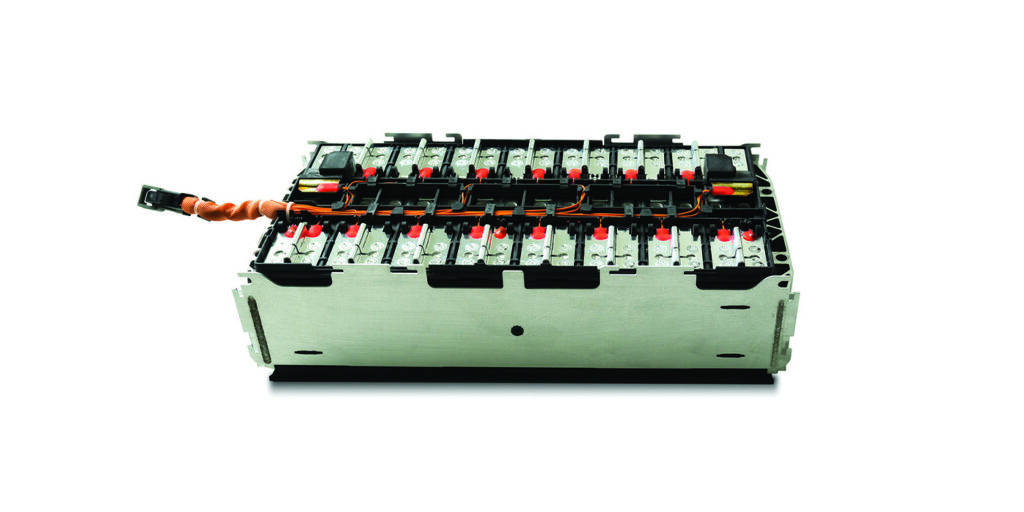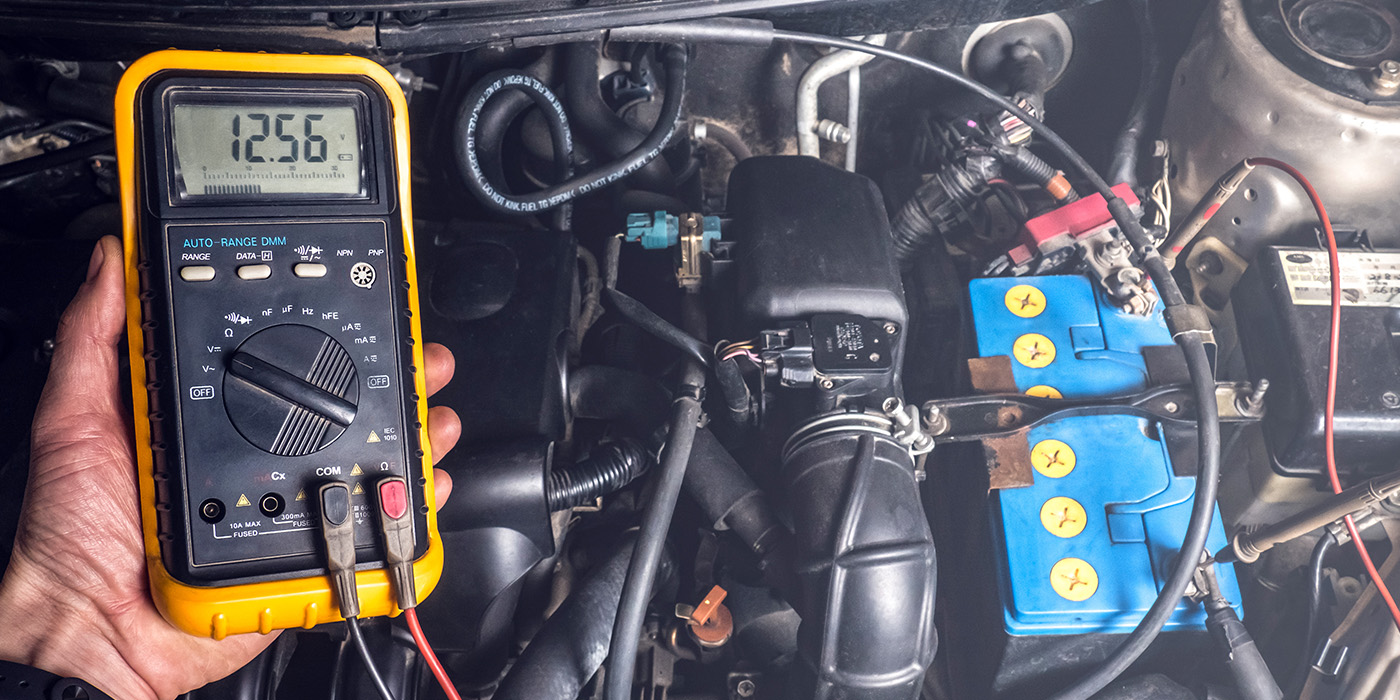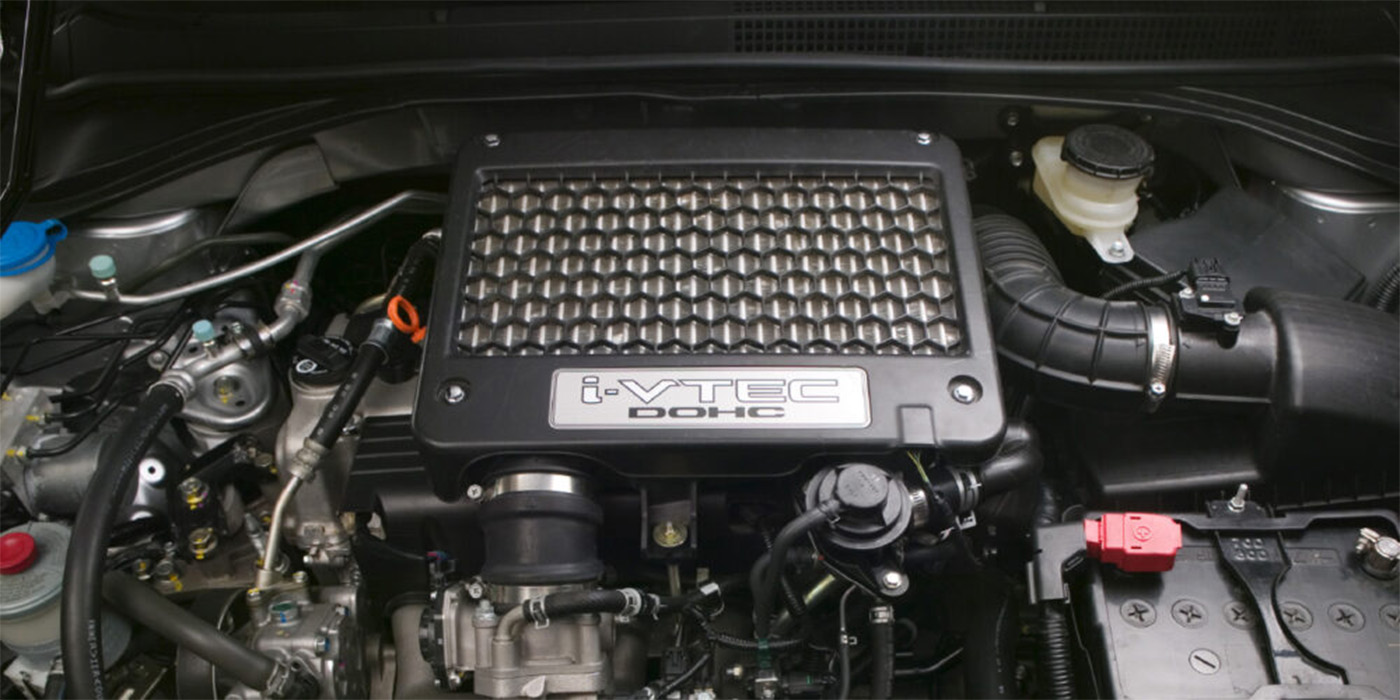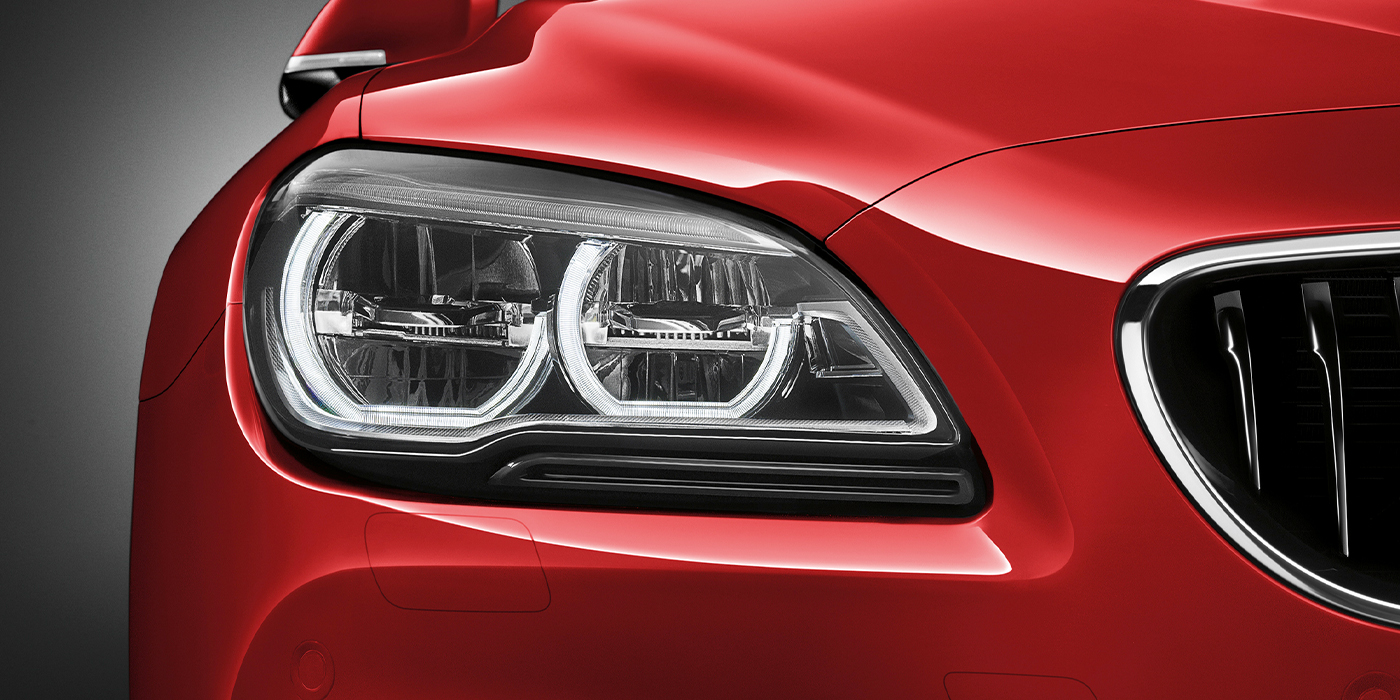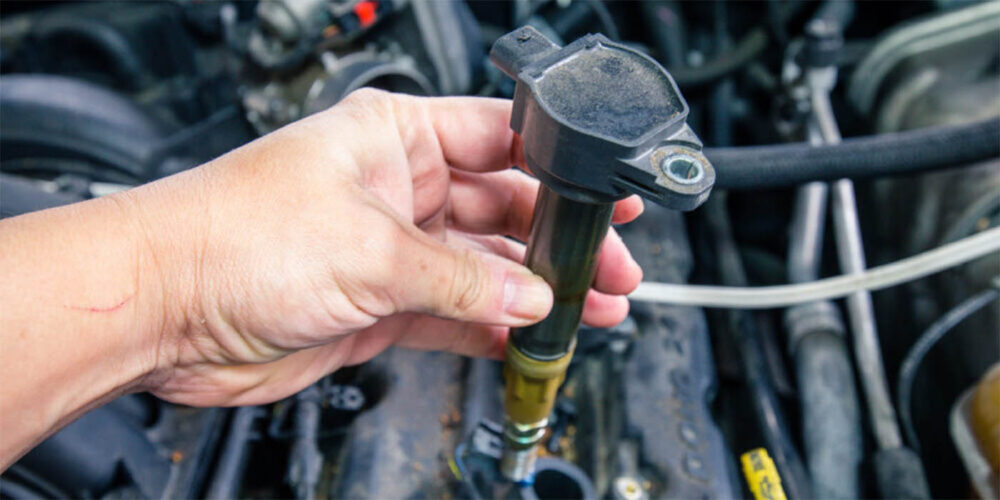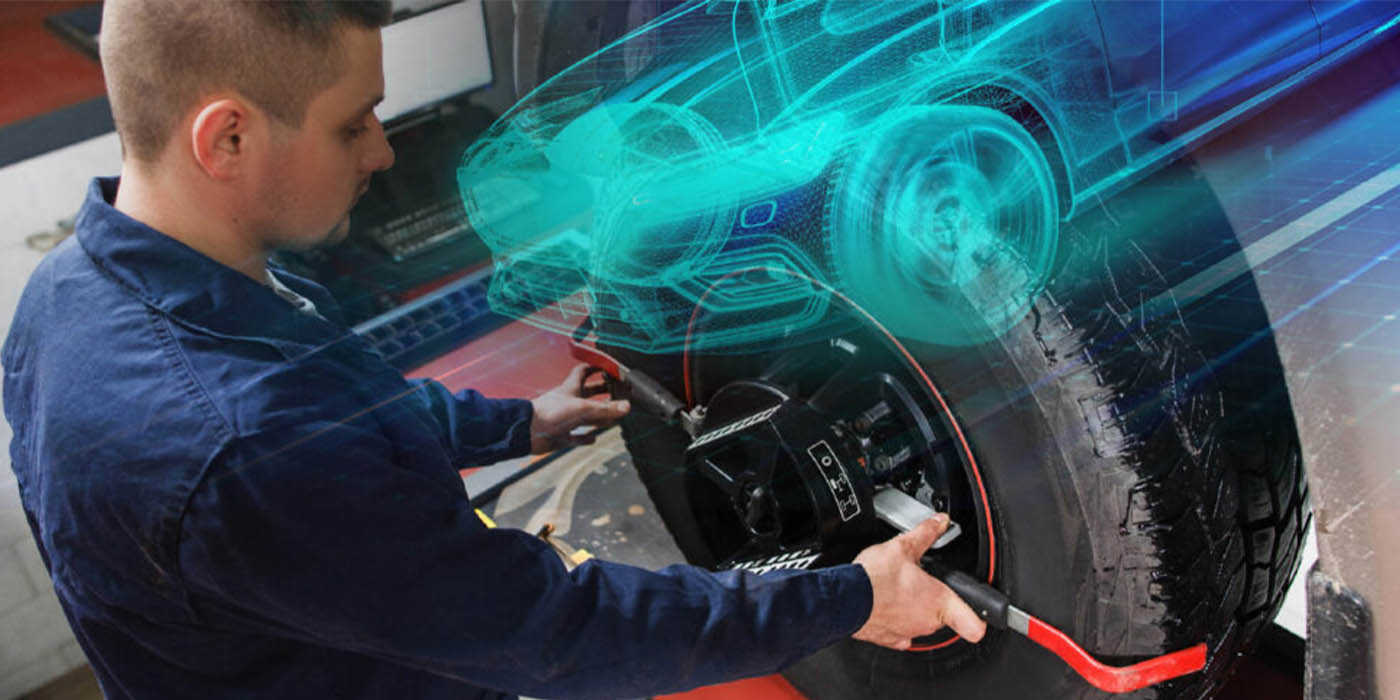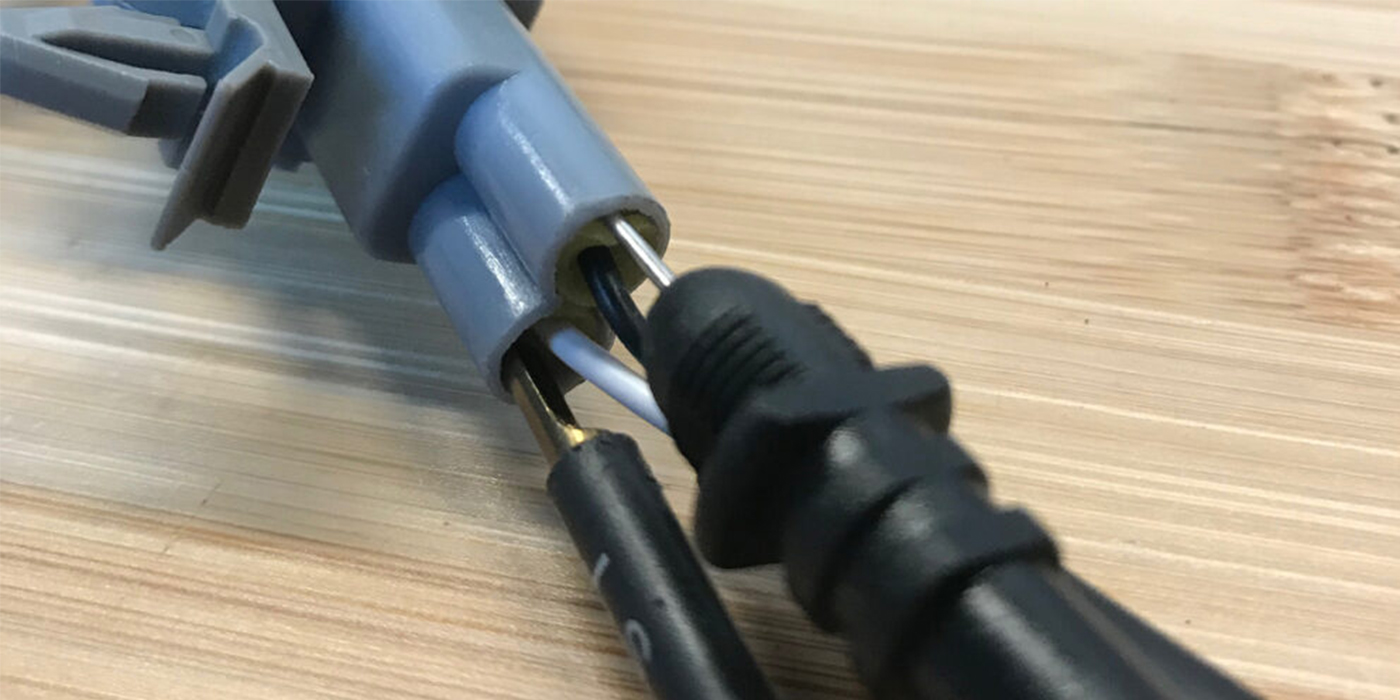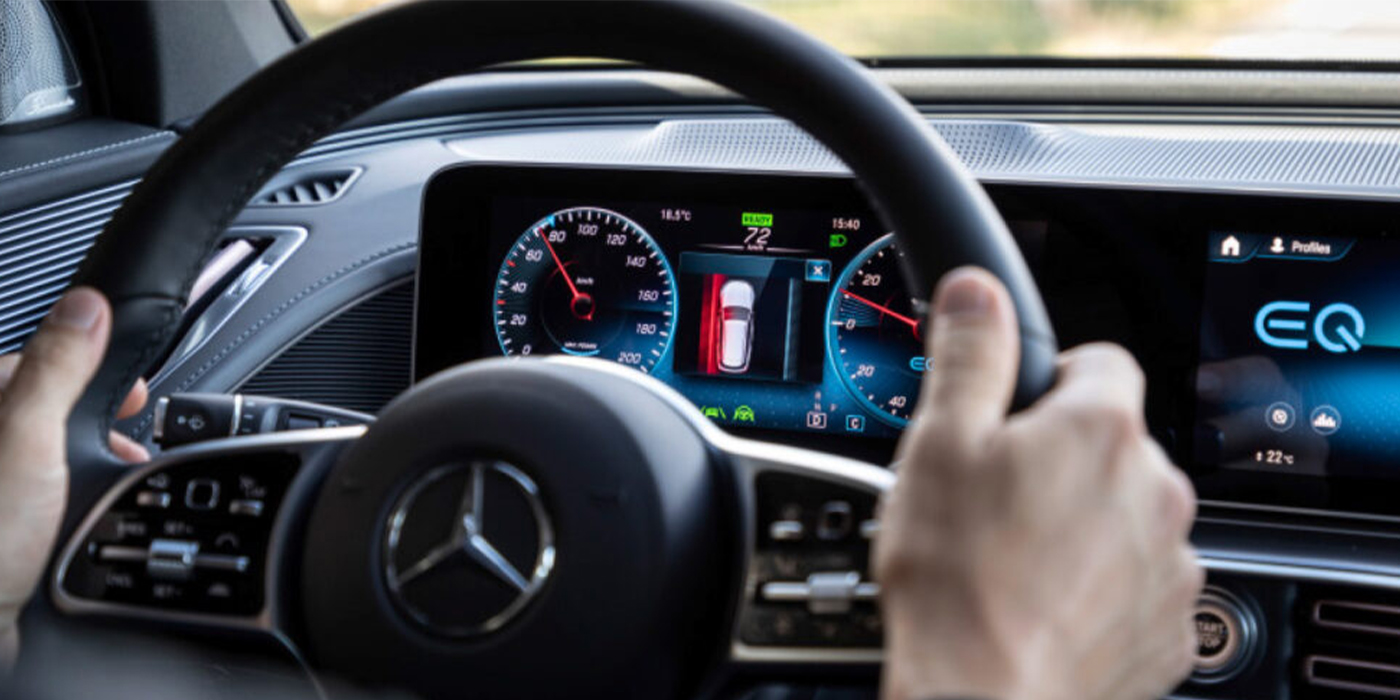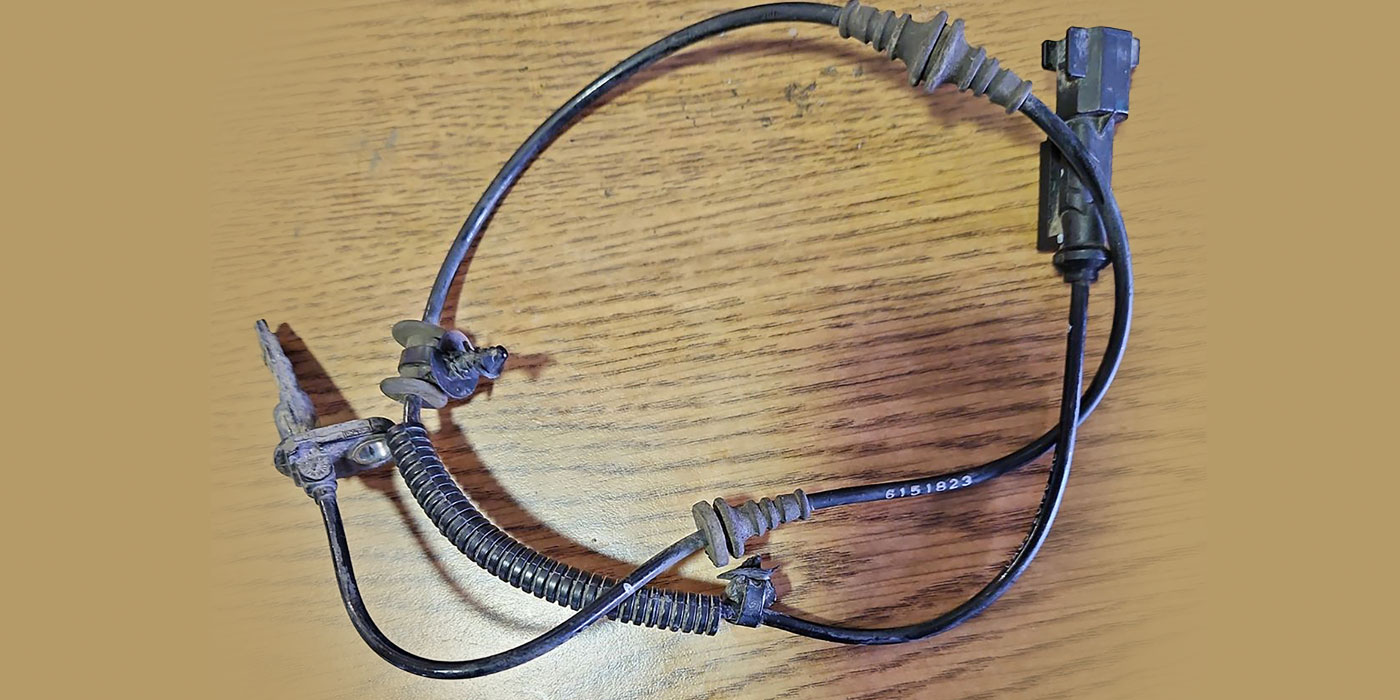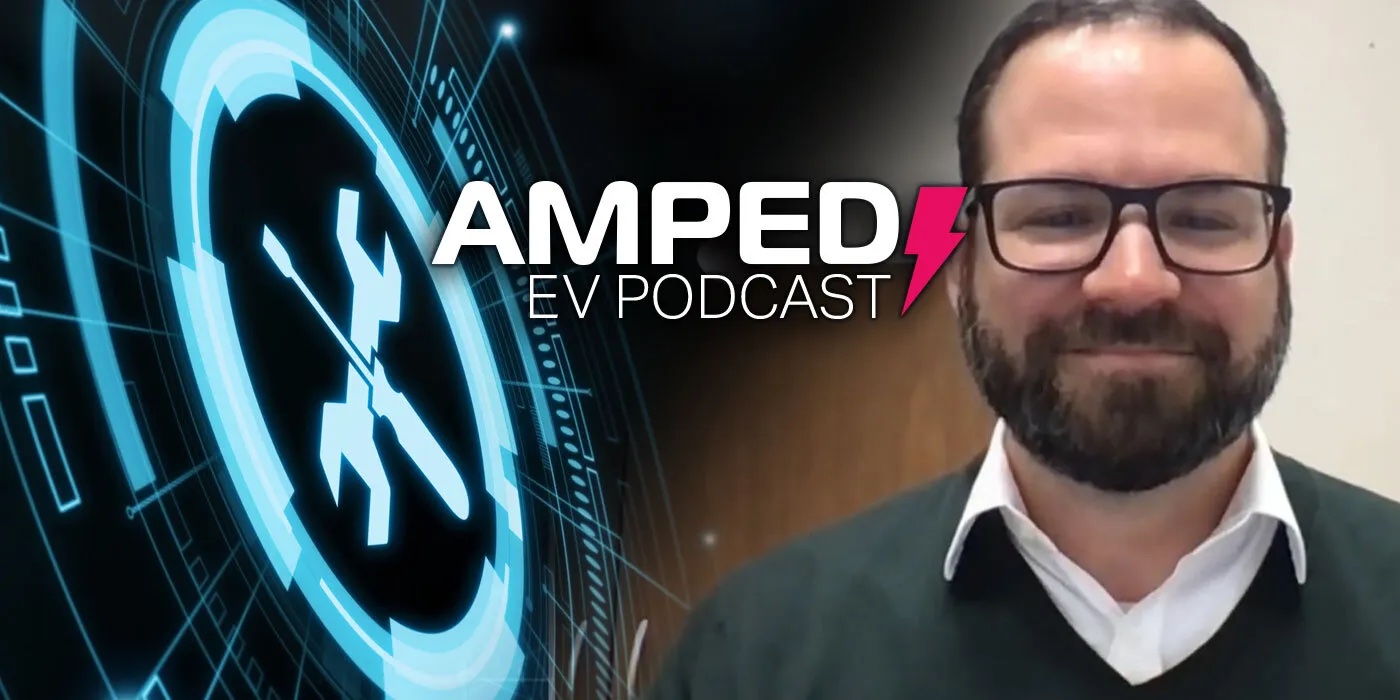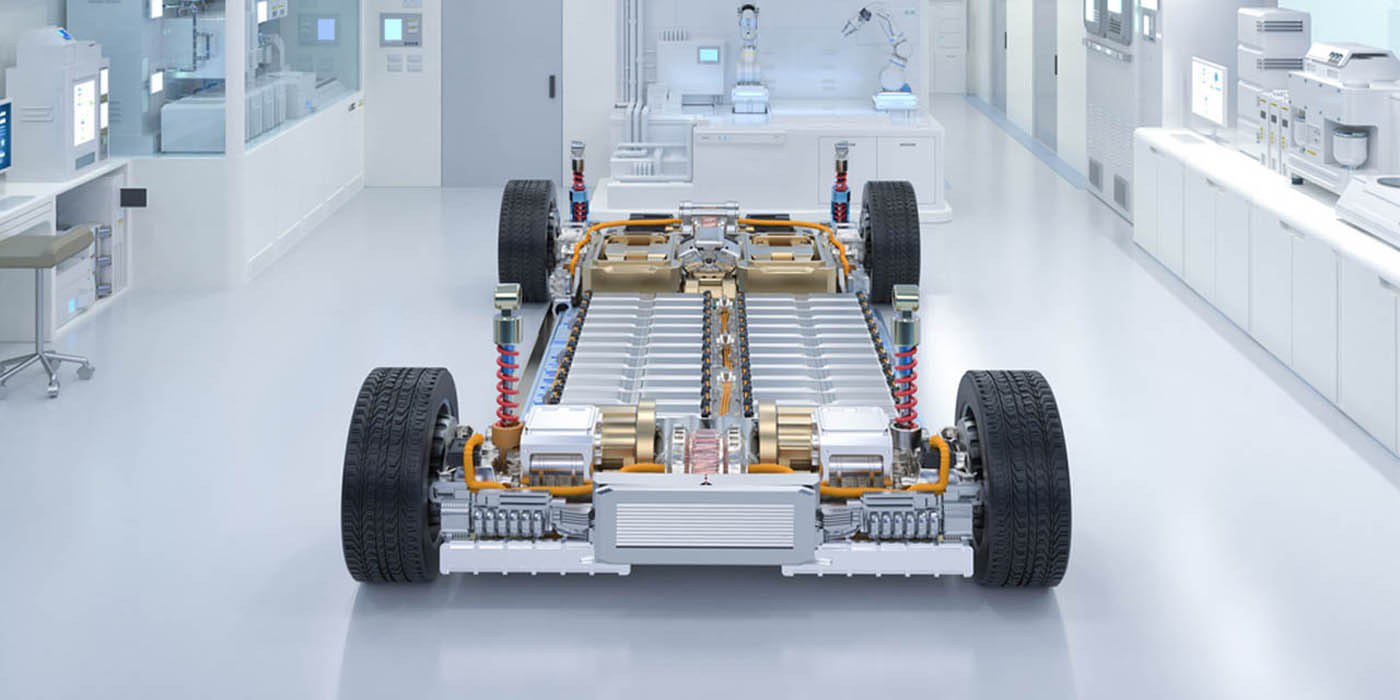During these turbulent times in the energy market, interest in electric and hybrid vehicles may be be at unprecedented levels. The reality of what’s involved with technology may not be well-understood by consumers – or professionals.
Our sister publication, AftermarketNews.com has published an interesting presentation from IDTechEx about the challenges and opportunities with lithium-ion batteries. In the past, the lack of end-of-life batteries meant that the Li-ion (lithium-ion) recycling market had little opportunity to prosper. The transition to electric vehicles (EVs) is changing this, IDTechEx says in a recent report. Recycling enables countries to domesticate battery material supply, hedge risks of fluctuating metal prices, and reduce reliance on unsustainable mining practices. Various stakeholders across the value chain are upping recycling capacity to prepare for the mass availability of valuable end-of-life Li-ion batteries due to supply, regulatory and environmental motivations.

OEMs are often subject to Extended Producer Responsibility regulations, meaning they are responsible for EV batteries when they reach their end of life. Therefore, it’s in the OEMs’ best interests to develop efficient, economic routes for waste end-of-life batteries, and the environmental credentials associated with recycling also are beneficial.

